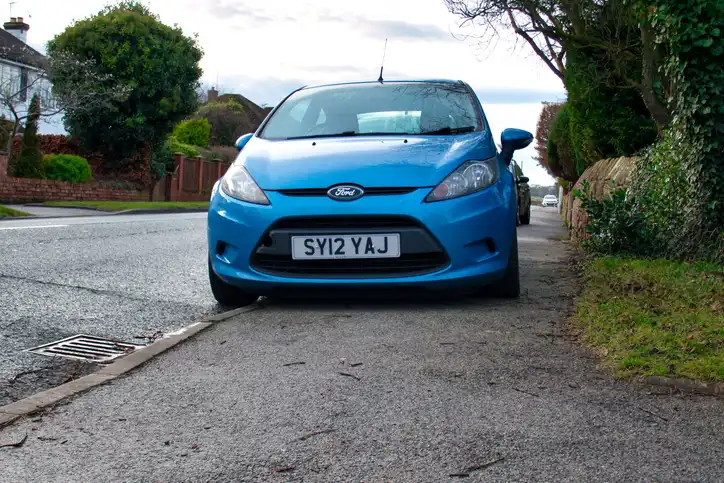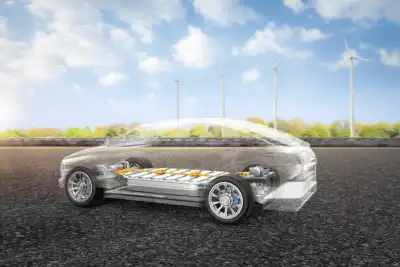
Should pavement parking be banned everywhere, or just in certain areas? That’s the big question UK drivers are clashing over as MPs get ready to debate the issue this week.
According to an RAC poll, 83% of drivers think more needs to be done to crack down on pavement parking. Right now, it’s banned completely in London and Scotland, but across the rest of the UK the rules are pretty murky. It depends on the area, and in many places it’s still a grey area.
When asked what should change, drivers were split. Forty two percent want a full nationwide ban, while 41% think councils should just have more power to decide where it’s not allowed. Technically, councils outside London and Scotland can already ban pavement parking through something called a Traffic Regulation Order, but these are slow and messy to get through thanks to consultations and legal hurdles.
The debate is being pushed forward by Lib Dem MP Helen Maguire, following a bill introduced back in June by Labour’s Marsha De Cordova. If that bill gets through, it would change the law so pavement parking is banned everywhere, but councils could make local exceptions after consulting the public. It hasn’t had its second hearing yet though.
The RAC’s policy officer Rod Dennis says the problem is long overdue for action: “There’s no doubt pavement parking is a serious problem that needs tackling.”
"It’s been more than five years since the previous Government signalled its intention to tackle the blight in England.”
He added that most drivers agree the issue needs tackling, but the country can’t decide whether the answer is a blanket ban or local council powers.
The last time the government looked at this seriously was back in 2020, when a Transport Select Committee report said progress on tackling pavement parking had been slow and hadn’t improved daily life. The then-Conservative government never published a response, but Labour has said it plans to.
For now, the debate continues, but one thing’s clear: most people are fed up with pavement parking and want change.




